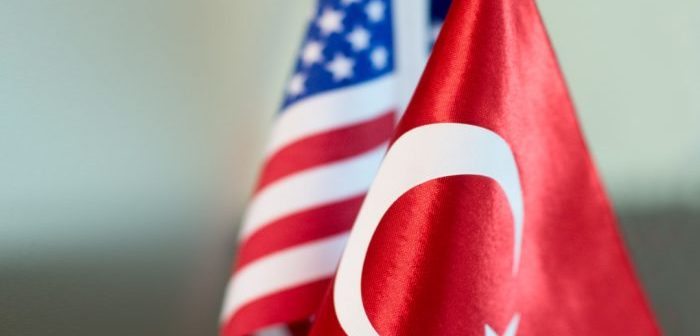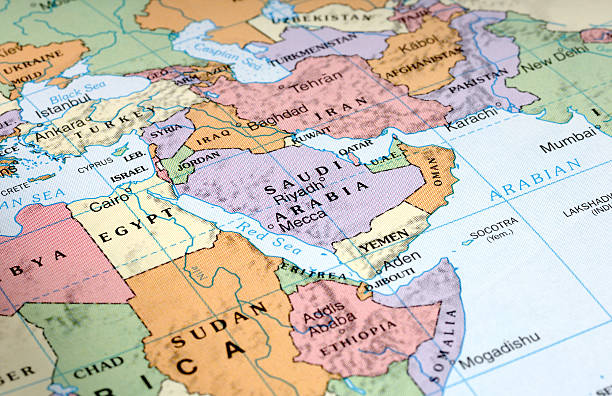
The signing of the Treaty of Lausanne on July 24, 1923 was the crowning achievement of Turkey’s War of Independence under Ataturk’s leadership. Soon after, Republic was declared and Turkey’s modernization began. Ataturk’s reforms included the emancipation of women, the introduction of Western legal codes, calendar and alphabet, replacing the Arabic script with a Latin one. Turkey became a secular state. A major overhaul of the education system and the economy was launched.
In foreign policy Ataturk’s maxim was “Peace at Home, Peace in the World” which aimed at securing Turkey’s national interests through peaceful engagement. In 1936, the Montreux Convention restored Turkish sovereignty over the Straits. His reforms and foreign policy laid the foundations of Turkey’s membership in Western institutions after the Second World War. Turkey became a member of the Council of Europe, NATO. Despite ups and downs during the decades which followed, Turkey and Turkish democracy kept moving forward.
In October 2004 Turkey launched the accession process with the EU. Surely this was an open-ended process but it elevated Turkey’s global standing, nonetheless. On April 6, 2009 President Obama addressed the Turkish parliament. He was full of praise for Ataturk and Turkey’s secular democracy.
Ten years on, all one hears is “fighting for survival”, “a second war of independence”. Because, Turkey’s ruling Justice and Development Party (JDP) could not resist the temptation of trying to bring the Muslim Brotherhood to power in Damascus and is now asking the country to pay the price for its strategic blunder.
I will keep saying that eighth years ago, we had good relations with Damascus. We did not have a YPG problem. Nobody had even heard of the Syrian Democratic Forces (SDF). We enjoyed good relations with Russia and regional countries. Our democratic decline had started to change the chemistry of our relations with traditional allies but diverging security interests had not become a problem characterized by outright hostility. We did not have tens of thousands of jihadist fighters right across the border in Idlib. We did not have four million Syrian refugees in Turkey. And, we had not spent 40 billion dollars to meet their needs.
Unfortunately, the cost of our participation in the regime change project in Syria is rising and our Middle Easternization is continuing.
While the West seems to admit that the YPG is PKK under another name, our incursion in Syria is not seen as an act of self-defense against terrorism.
EU countries have been strongly critical Operation Peace Spring. Germany and France have announced the suspension of arms exports to Turkey.
Last week, the US House of Representatives voted overwhelmingly to formally recognize what they call the “Armenian genocide”. Moreover, the House voted again overwhelmingly, to impose a series of sweeping sanctions on Turkey over its incursion Syria. Adding insult to injury, they did this on Turkey’s national day.
In their reporting leading American newspapers refer to our incursion as a “brutal assault”, a “bloody offensive”. They almost present Mazlum Kobani, the commander of the Syrian Democratic Forces (SDF), as a hero. They give “Syria’s Kurds” much credit for the operation against Abu Bakr al-Baghdadi. Defense officials are constantly providing the media with such information. In other words, while they know that the YPG and the PKK are the same, they just cannot bring themselves to show any understanding towards Turkey’s worries.
Turkey’s leadership presents the incursion in Syria as a great achievement. However, President Trump, a leader in trouble, is vacillating between withdrawing and keeping US troops in Syria. Lastly said that the US was going to keep the oil. For clarity, he could add, “for our betrayed allies”.
Are we now going to open another front saying that Syria’s natural resources belong to the entire people of Syria and not to any one group?
Syrian President Bashar Assad said last Thursday that his government’s ultimate goal was to restore state authority over Kurdish controlled areas in northeast Syria. But the process would be “gradual” and would “respect new realities on the ground,” Assad said in a state television interview. “We have to distinguish between ultimate or strategic goals … and tactical approaches,” he said, stressing that his forces will eventually reclaim territory taken by Ankara in its latest offensive. He also said the Russian-Turkish deal is “temporary.” (*)
Do we agree or disagree?
In brief, Turkey’s ruling Justice and Development Party’s obsession with regime change in Syria has brought Turkey on the edge of an abyss in its relations with the West. It has undermined our relations with regional countries.
Perhaps, we Turks need to ask ourselves how Turkey became such a dislikeable regime in the West? Is this because the West has always been more of an enemy than a friend waiting for opportunities to undermine our security? Don’t we have any responsibility in bringing the relationship to this point? Isn’t our democratic decline part of the problem? Are we and our traditional allies moving towards irreversibly giving up on each other? Or, are we sure that they just can’t give up on us? What will be the broad consequences for Turkey of continuing turbulence in our relations with the West, let alone a shift of axis? What about our membership in NATO? Isn’t the current picture going beyond diplomatic confrontation?
And most importantly, is it JDP’s intention to put the words “Turkish Democracy” on a gravestone?
Obviously, neither the JDP nor the lackluster main opposition is going to ask this. Because, the latter follows the former whenever the former frames a problem in nationalist terms.
If the answer is “no”, getting out of the corner we are in will depend on the following:
- restoring parliamentary democracy,
- healing our polarization,
- prioritizing national interest over ideology, and
- replacing bravado with diplomatic language.
………………………………………………………….
(*) https://www.dw.com/en/syrias-assad-kurdish-areas-must-return-to-state-authority/a-51078475
Ali Tuygan, Ambassador (Ret’d) and former Undersecretary of the Turkish Foreign Ministry. The article is also published on his blog.









